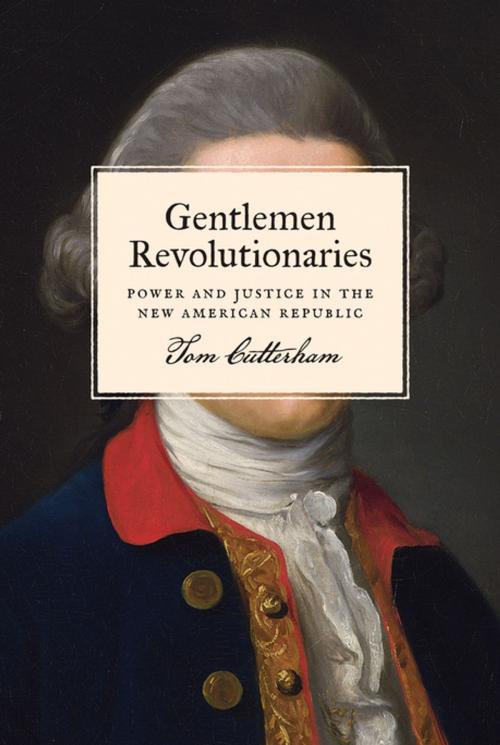Gentlemen Revolutionaries
Power and Justice in the New American Republic
Nonfiction, History, Revolutionary, Americas, United States, Revolutionary Period (1775-1800)| Author: | Tom Cutterham | ISBN: | 9781400885213 |
| Publisher: | Princeton University Press | Publication: | June 27, 2017 |
| Imprint: | Princeton University Press | Language: | English |
| Author: | Tom Cutterham |
| ISBN: | 9781400885213 |
| Publisher: | Princeton University Press |
| Publication: | June 27, 2017 |
| Imprint: | Princeton University Press |
| Language: | English |
In the years between the Revolutionary War and the drafting of the Constitution, American gentlemen—the merchants, lawyers, planters, and landowners who comprised the independent republic's elite—worked hard to maintain their positions of power. Gentlemen Revolutionaries shows how their struggles over status, hierarchy, property, and control shaped the ideologies and institutions of the fledgling nation.
Tom Cutterham examines how, facing pressure from populist movements as well as the threat of foreign empires, these gentlemen argued among themselves to find new ways of justifying economic and political inequality in a republican society. At the heart of their ideology was a regime of property and contract rights derived from the norms of international commerce and eighteenth-century jurisprudence. But these gentlemen were not concerned with property alone. They also sought personal prestige and cultural preeminence. Cutterham describes how, painting the egalitarian freedom of the republic's "lower sort" as dangerous licentiousness, they constructed a vision of proper social order around their own fantasies of power and justice. In pamphlets, speeches, letters, and poetry, they argued that the survival of the republican experiment in the United States depended on the leadership of worthy gentlemen and the obedience of everyone else.
Lively and elegantly written, Gentlemen Revolutionaries demonstrates how these elites, far from giving up their attachment to gentility and privilege, recast the new republic in their own image.
In the years between the Revolutionary War and the drafting of the Constitution, American gentlemen—the merchants, lawyers, planters, and landowners who comprised the independent republic's elite—worked hard to maintain their positions of power. Gentlemen Revolutionaries shows how their struggles over status, hierarchy, property, and control shaped the ideologies and institutions of the fledgling nation.
Tom Cutterham examines how, facing pressure from populist movements as well as the threat of foreign empires, these gentlemen argued among themselves to find new ways of justifying economic and political inequality in a republican society. At the heart of their ideology was a regime of property and contract rights derived from the norms of international commerce and eighteenth-century jurisprudence. But these gentlemen were not concerned with property alone. They also sought personal prestige and cultural preeminence. Cutterham describes how, painting the egalitarian freedom of the republic's "lower sort" as dangerous licentiousness, they constructed a vision of proper social order around their own fantasies of power and justice. In pamphlets, speeches, letters, and poetry, they argued that the survival of the republican experiment in the United States depended on the leadership of worthy gentlemen and the obedience of everyone else.
Lively and elegantly written, Gentlemen Revolutionaries demonstrates how these elites, far from giving up their attachment to gentility and privilege, recast the new republic in their own image.















